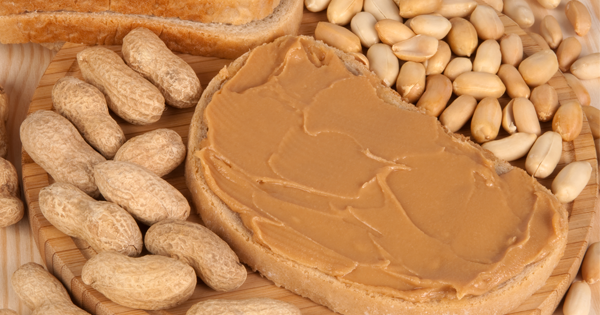Peanut butter. It’s the currency of sandwiches for children everywhere. Peanut butter and jelly, peanut butter and honey, peanut butter and banana—it goes with everything.
It’s a nutritious source of protein, and most kids will eat it without complaint.
Most, that is, except for one particular group of children, who may assure that peanut butter is driven from public schools.
It’s not their fault, of course. It’s their allergies.
Peanut allergies in children have been on a steady incline these past few years. And as a result, fewer schools will carry it.
And it’s not just a few kids with a mild allergy. Peanut allergies, more than others, can turn out very serious. A reaction in someone with a peanut allergy can cause itching, hives, coughing, shortness of breath, wheezing, vomiting, and fainting. Several reactions per year are deadly. The standard treatment is a shot through the leg with an Epipen, dosing the child with epinephrine.
Oddly enough, peanut allergies were barely a problem as recently as the 1980s. It wasn’t until the 1990s that allergies to this popular legume began to slowly but surely increase.
Data from one study shows peanut allergies in children increasing from 0.4% of children in 1997 to 0.8% in 2002, to 1.4% in 2008.
There’s no solid theory on why these allergies have doubled, but one of them is that children aren’t being exposed to as many bacteria and viruses as they used to.
This is definitely not a bad thing, of course. It just means we’re cleaner. But it does mean that young immune systems have to do less and less, so they lash out at things that were otherwise harmless, like peanut proteins.
Whatever the cause, a child with a peanut allergy should have their allergy taken seriously, especially since the reactions are so much stronger than other allergic reactions.
According to an expert in the field, Dr. Julie Kuriakose of Columbia University, “Eighty percent of children who are diagnosed with peanut allergies will keep or retain that peanut allergy into adulthood.”





